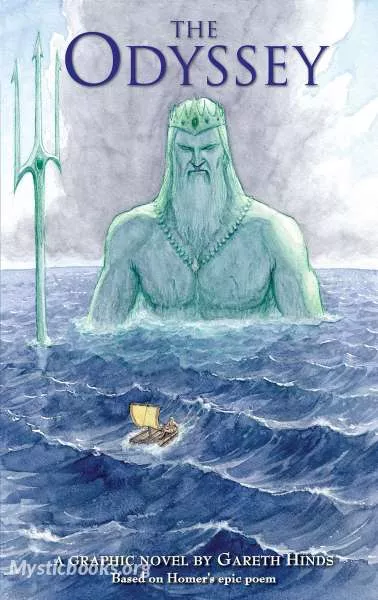
The Odyssey
by Homer
'The Odyssey' Summary
The Odyssey is 12,109 lines composed in dactylic hexameter, also called Homeric hexameter.It opens in medias res, in the middle of the overall story, with prior events described through flashbacks and storytelling.
In the Classical period, some of the books (individually and in groups) were commonly given their own titles:
Book 1–4: Telemachy —the story focuses on the perspective of Telemachus.
Books 9–21: Apologoi—Odysseus recalls his adventures for his Phaeacian hosts.
Book 22: Mnesterophonia ('slaughter of the suitors'; Mnesteres, 'suitors' + phónos, 'slaughter').
Book 22 concludes the Greek Epic Cycle, though fragments remain of the "alternative ending" of sorts known as the Telegony. The Telegony aside, the last 548 lines of the Odyssey, corresponding to Book 24, are believed by many scholars to have been added by a slightly later poet.
Book Details
Authors
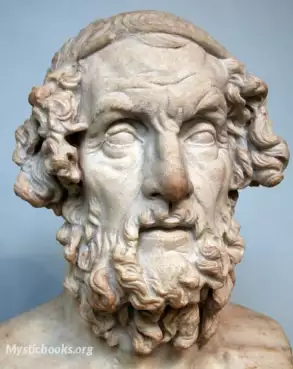
Homer
Greece
Homer (Ancient Greek: Ὅμηρος Greek pronunciation: , Hómēros; c. 800–c. 701 BC) was the presumed author of the Iliad and the Odyssey, two epic poems...
Books by HomerDownload eBooks
Listen/Download Audiobook
Related books

Reise um die Erde in 80 Tagen by Jules Verne
In Jules Verne's classic novel, Phileas Fogg, a wealthy and eccentric London gentleman, makes a wager that he can circumnavigate the globe in 80 days....
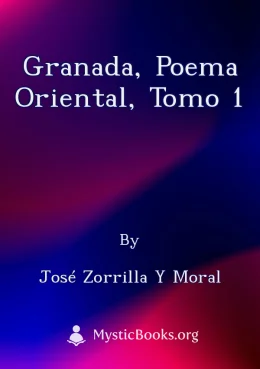
Granada, Poema Oriental, Tomo 1 by José Zorrilla y Moral
This captivating book presents a legendary tale that weaves together the destinies of a king and his nation, guided by divine intervention. The story...
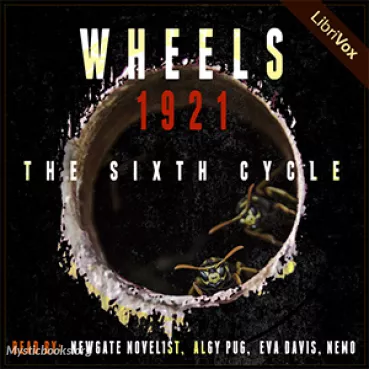
Wheels - The Sixth Cycle by Aldous Huxley
In "Wheels - The Sixth Cycle," Aldous Huxley weaves a mesmerizing tale of enigmatic realms and transcendental journeys. Unfolding within the boundless...
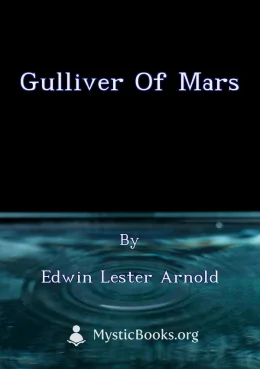
Gulliver of Mars by Edwin Lester Arnold
This escapist novel first published in 1905 as Lieutenant Gullivar Jones: His Vacation follows the exploits of American Navy Lieutenant Gulliver Jones...

Allan's Wife by H. Rider Haggard
We begin with young (age 9-ish) Allan at home in England meeting young Stella; then, Stella's mother abandons her husband (more than a whiff of scanda...

Marmion: A Tale of Flodden Field by Sir Walter Scott
Marmion is a lengthy narrative poem by Sir Walter Scott, set in the early 16th century during the reign of King James IV of Scotland. It tells the sto...

Bulldog Drummond by Sapper
This novel introduces Hugh 'Bulldog' Drummond, a retired British Army officer who finds himself drawn into a dangerous world of intrigue and espionage...
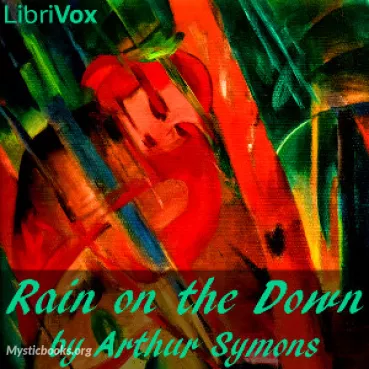
Rain On The Down by Arthur Symons
Rain On The Down is a poem by Arthur Symons that captures the beauty and mystery of the English countryside in the rain. The poem is set on a downlan...

Dave Dashaway and His Giant Airship by Roy Rockwood
Dave Dashaway and His Giant Airship is a thrilling adventure novel that follows the daring young aviator and his friends as they embark on a hazardous...
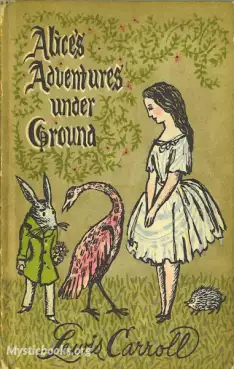
Alice's Adventures Underground by Lewis Carroll
One of the best-known works of Victorian literature, its narrative, structure, characters and imagery have had huge influence on popular culture and l...
Reviews for The Odyssey
No reviews posted or approved, yet...